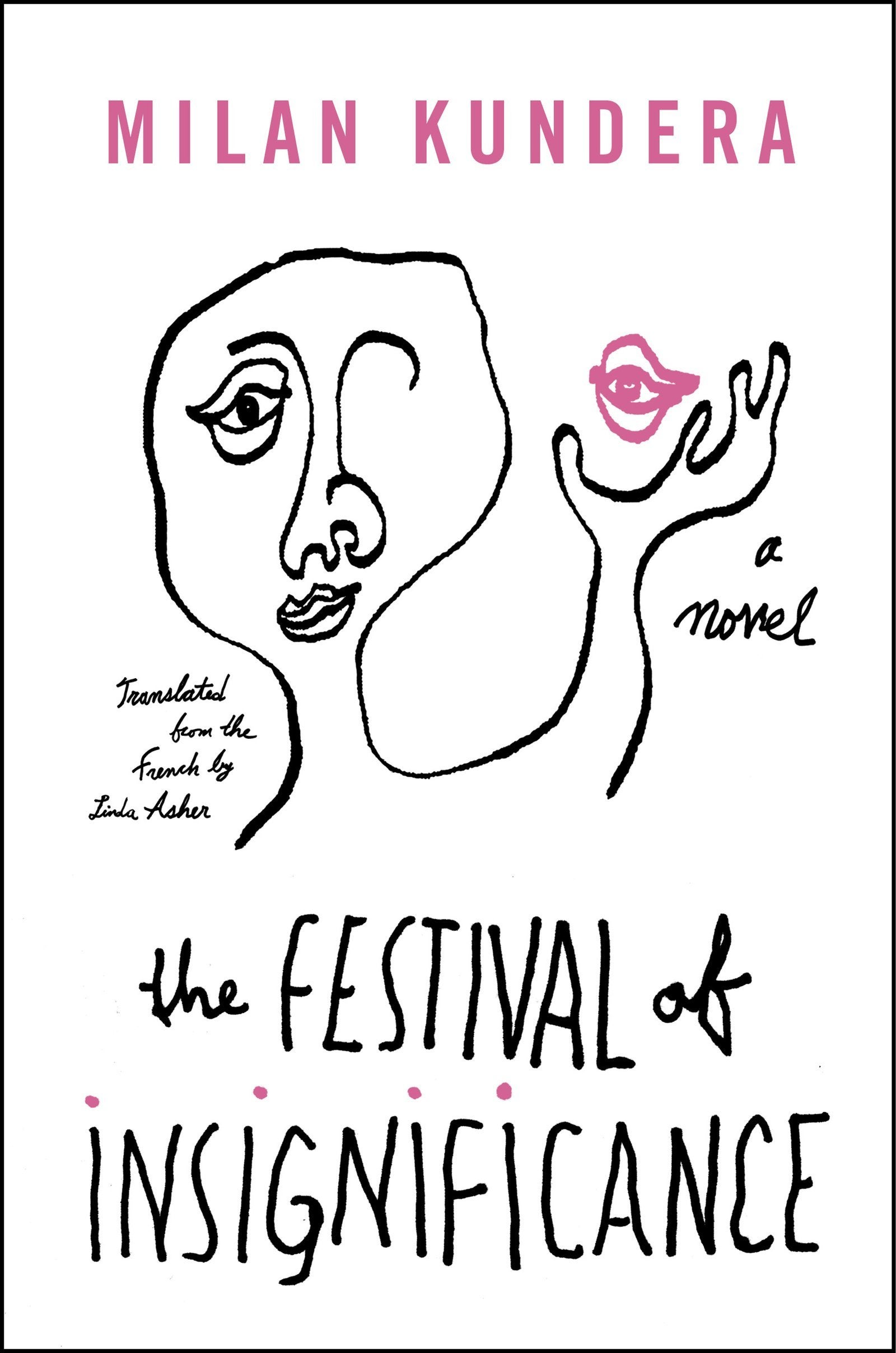The Festival of Insignificance, by Milan Kundera: charming in so many ways it’s easy to forgive him for the flawed female characters
Faber & Faber £14.99

The Nobel Prize contender and Paris-based Czech émigré Milan Kundera’s eleventh work of fiction, his first book for more than a decade, is composed in the same way as many of his novels, using counterpoint: a mixture of the lives and dreams of fictional characters, wry and embellished tales from history, and the author’s own philosophical musings. As with so many of his earlier novels such as The Joke, Life is Elsewhere, The Book of Laughter and Forgetting, The Unbearable Lightness of Being, and the short story collection Laughable Loves, it is divided into seven parts, and, like the novels, each part is subdivided into chapters.
As with all his work, it is a slim volume – maintaining the architectural structure of a novel is very important to Kundera; the reader needs to be able to remember the start when finishing the book, to avoid the novel becoming baggy and unwieldily. It shows many of the characteristics we have come to associate with him. There is the light touch, a ploy that not only makes the novel eminently readable but which, paradoxically, accentuates the horrors of history, here the totalitarian monster Stalin, rendering them more forbidding than grave reverence would. Irony and humour abound. There are no inessential scenarios. A single theme is explored from various viewpoints; the writerly equivalent of the musical variation on a melody. The philosophical thoughts are not asserted, merely raised by characters or by the author as hypotheses, again adding to the deftness of touch. Angels make an appearance, as in The Book of Laughter and Forgetting. The theme of insignificance crops up, as in The Unbearable Lightness of Being; as does the theme of joking becoming dangerous, which, in The Book of Laughter and Forgetting was made in reference to countries ruled by totalitarian regimes such as Kundera’s native Czechoslovakia during and after the Second World War, and again after the Prague Spring of 1968. Here, Hegel’s assertion provides an explanation: true humour is inconceivable without an infinite good mood.
The fictional characters involved include Alain, a man whose mother left the family home when he was only a few months old, and whom he saw briefly for the last time when he was a child; Ramon, a retired intellectual; D’Ardelo, a narcissist who bores colleagues with what he believes are profound insights and witticisms; Charles and “Caliban”, the latter named after his last acting role, who run a catering business; and Quaquelique, a sharp old man with a querulous stream of non-taxing verbal diarrhoea with which he seduces women.
The novel starts off with Alain musing on the eroticism of exposed navels, the current fashion in Paris where the novel is set. The navel becomes one of the themes of the book, explored in various ways: the erotic potential; the link between mother and child; the procreative role of sex; angels – one of the characters proposes that since angels are not born of women, they have no navel; uniformity – unlike other erotic body parts, navels all look very similar. To this list must be added navel gazing, of which Kundera’s characters do surprisingly little, despite the existential nature of his books; the fictional characters here seem quite content, despite some very real traumas, such as Alain’s abandonment by his mother and Charles’s sick and elderly mother. The title The Festival of Insignificance is also the title of the seventh part, and insignificance is touched on several times, from part one, in which the people wandering through a park in Paris pay no attention to the masks of great late French writers on sale, as if these were people of little importance. Later, Ramon suggests that it is only possible to be happy when the insignificance of life is accepted. In between, Quaquelique’s insignificant – banal – murmuring puts others at ease as no witty or sharp response is required.
Philosophical discussions include theories from Hegel, Kant and Schopenhauer.
Kundera stated in an interview with Philip Roth, in the King Penguin edition of The Book of Laughter and Forgetting in the 1980s, that he spurns allegory: his fantastical or dream scenes have inherent values of their own, they don’t represent something else. It is therefore not necessary to analyse the allegorical significance of the fantastical sequences, such as Stalin’s right hand men watching fallen, dying angels through a window, although if one were required, it would be easy enough to see one in the death and destruction wrought by totalitarianism. A feather falls at a dinner party, a possible wing feather from a distressed angel, completing the picture.
It is a shame that Kundera’s females are almost always defined by their looks, and that the women here are merely erotic fodder. Still, old habits die hard, and Kundera is charming in so many other ways that it’s easy to forgive him.
Subscribe to Independent Premium to bookmark this article
Want to bookmark your favourite articles and stories to read or reference later? Start your Independent Premium subscription today.

Join our commenting forum
Join thought-provoking conversations, follow other Independent readers and see their replies